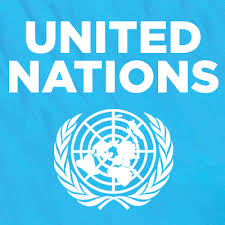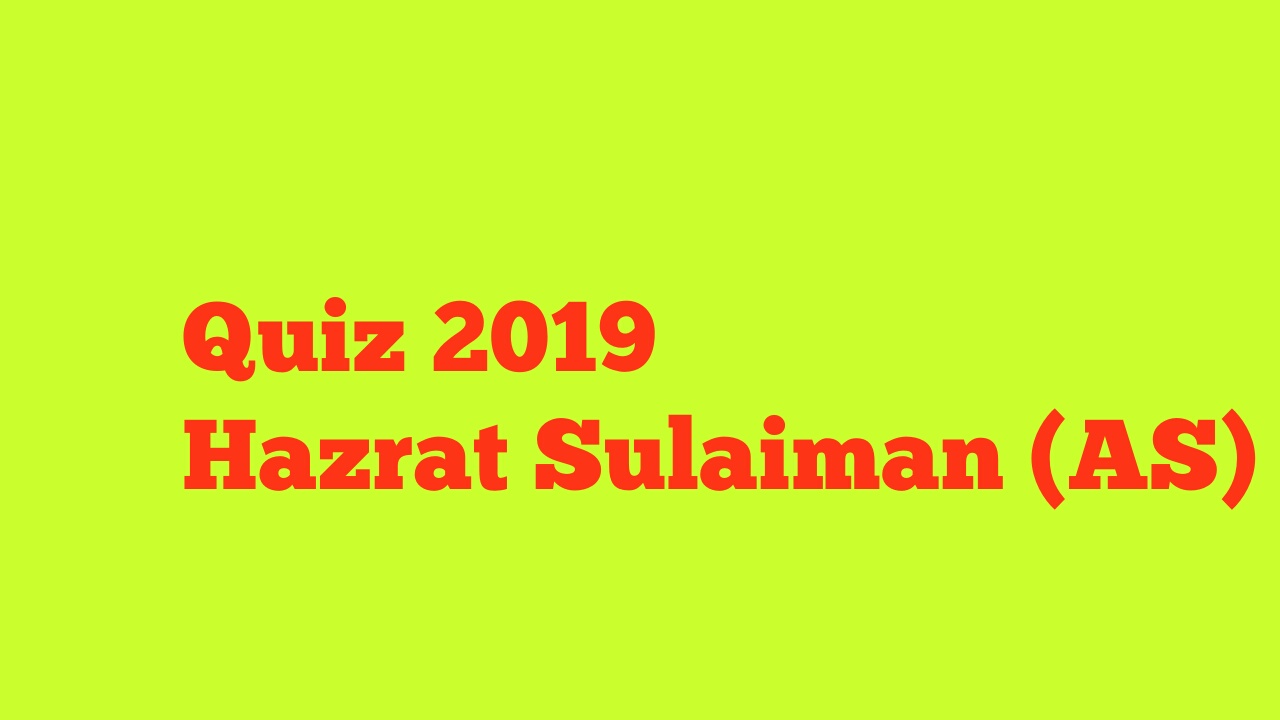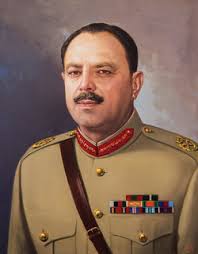Answers of Quiz 1798 (United Nations)
1. (C) 24 October 1945
2. 26 June 1945
3. 19 chapters
4. Franklin D. Roosevelt
5. 51 members
6. To maintain international peace & security; to develop friendly relations among nations; to achieve international cooperation in solving economic, social, cultural & humanitarian problems & in promoting respect for human rights & fundamental freedoms; to be a centre for harmonizing the actions of nations in attaining these common ends.
7. (A) Manhatten, New York, USA
8. Arabic, English, French, Chinese, Russian, Spanish
9. United Nations and its subsidiary bodies (such as the separately-administered funds and programmes, research and training institutes, and other subsidiary entities), specialized agencies, and affiliated organizations
10. 193 countries
11. 53 states
12. 23 states
13. 54 states
14. 33 states
15. 28 states
16. South Sudan in 2011
17. By the recommendation of Security Council & two-third majority of members of General Assembly
18. The recognition of a new State or Government is an act that only other States and Governments may grant or withhold. It generally implies readiness to assume diplomatic relations. The United Nations is neither a State nor a Government, and therefore does not possess any authority to recognize either a State or a Government. As an organization of independent States, it may admit a new State to its membership or accept the credentials of the representatives of a new Government. The procedure is briefly as follows:
The State submits an application to the Secretary-General and a letter formally stating that it accepts the obligations under the Charter. The Security Council considers the application. Any recommendation for admission must receive the affirmative votes of 9 of the 15 members of the Council, provided that none of its five permanent members — China, France, the Russian Federation, the United Kingdom of Great Britain and Northern Ireland and the United States of America — have voted against the application.
If the Council recommends admission, the recommendation is presented to the General Assembly for consideration. A two-thirds majority vote is necessary in the Assembly for admission of a new State.
Membership becomes effective the date the resolution for admission is adopted. At each session, the General Assembly considers the credentials of all representatives of Member States participating in that session. During such consideration, which routinely takes place first in the nine-member Credentials Committee but can also arise at other times, the issue can be raised whether a particular representative has been accredited by the Government actually in power. This issue is ultimately decided by a majority vote in the Assembly. It should be noted that the normal change of Governments, as through a democratic election, does not raise any issues concerning the credentials of the representative of the State concerned.
19. 2 states: Holy See & Palestine
20. Non-Member States of the United Nations, which are members of one or more specialized agencies, can apply for the status of Permanent Observer. The status of a Permanent Observer is based purely on practice, and there are no provisions for it in the United Nations Charter. The practice dates from 1946, when the Secretary-General accepted the designation of the Swiss Government as a Permanent Observer to the United Nations. Observers were subsequently put forward by certain States that later became United Nations Members, including Austria, Finland, Italy, and Japan. Switzerland became a UN Member on 10 September 2002. Permanent Observers have free access to most meetings and relevant documentation. Many regional and international organizations are also observers in the work and annual sessions of the General Assembly.
21. 6 Principal organs:
i. UN General Assembly (UNGA): the main deliberative assembly
ii. UN Security Council (UNSC): for deciding certain resolutions for peace & security
iii. Economic & Social Council (ECOSOC): for promoting international economic & social co-operation & development
iv. Secretariat: for providing studies, information & facilities needed by UN
v. International Court of Justice (ICJ): the primary judicial organ
vi. UNs Trusteeship Council (UNTC): for administering trust territories (inactive since 1994)
22. Gordon Brown
23. Malala Yousafzai
24. 30 chapters
25. Geneva, Nairobi, and Vienna
26. Constitutional right of one country to refuse approval of measures proposed by another country is called Veto Power.
27. The Group of 77 at the UN is a loose coalition of developing nations, designed to promote its members' collective economic interests and create an enhanced joint negotiating capacity in the UN. Seventy-seven nations founded the organization, but by November 2013 the organization had since expanded to 133 member countries.
28. In 2001
29. (B) Israeli/Palestinian
30. Blue Helmets
31. 1988
32. A white UN emblem (world map surrounded by two olive branches) on a blue background
33. (D) Peace
34. (A) Japan
35. UN has declared 2017 as International Year of Sustainable Tourism for Development.
36. On 24 October every year
2. 26 June 1945
3. 19 chapters
4. Franklin D. Roosevelt
5. 51 members
6. To maintain international peace & security; to develop friendly relations among nations; to achieve international cooperation in solving economic, social, cultural & humanitarian problems & in promoting respect for human rights & fundamental freedoms; to be a centre for harmonizing the actions of nations in attaining these common ends.
7. (A) Manhatten, New York, USA
8. Arabic, English, French, Chinese, Russian, Spanish
9. United Nations and its subsidiary bodies (such as the separately-administered funds and programmes, research and training institutes, and other subsidiary entities), specialized agencies, and affiliated organizations
10. 193 countries
11. 53 states
12. 23 states
13. 54 states
14. 33 states
15. 28 states
16. South Sudan in 2011
17. By the recommendation of Security Council & two-third majority of members of General Assembly
18. The recognition of a new State or Government is an act that only other States and Governments may grant or withhold. It generally implies readiness to assume diplomatic relations. The United Nations is neither a State nor a Government, and therefore does not possess any authority to recognize either a State or a Government. As an organization of independent States, it may admit a new State to its membership or accept the credentials of the representatives of a new Government. The procedure is briefly as follows:
The State submits an application to the Secretary-General and a letter formally stating that it accepts the obligations under the Charter. The Security Council considers the application. Any recommendation for admission must receive the affirmative votes of 9 of the 15 members of the Council, provided that none of its five permanent members — China, France, the Russian Federation, the United Kingdom of Great Britain and Northern Ireland and the United States of America — have voted against the application.
If the Council recommends admission, the recommendation is presented to the General Assembly for consideration. A two-thirds majority vote is necessary in the Assembly for admission of a new State.
Membership becomes effective the date the resolution for admission is adopted. At each session, the General Assembly considers the credentials of all representatives of Member States participating in that session. During such consideration, which routinely takes place first in the nine-member Credentials Committee but can also arise at other times, the issue can be raised whether a particular representative has been accredited by the Government actually in power. This issue is ultimately decided by a majority vote in the Assembly. It should be noted that the normal change of Governments, as through a democratic election, does not raise any issues concerning the credentials of the representative of the State concerned.
19. 2 states: Holy See & Palestine
20. Non-Member States of the United Nations, which are members of one or more specialized agencies, can apply for the status of Permanent Observer. The status of a Permanent Observer is based purely on practice, and there are no provisions for it in the United Nations Charter. The practice dates from 1946, when the Secretary-General accepted the designation of the Swiss Government as a Permanent Observer to the United Nations. Observers were subsequently put forward by certain States that later became United Nations Members, including Austria, Finland, Italy, and Japan. Switzerland became a UN Member on 10 September 2002. Permanent Observers have free access to most meetings and relevant documentation. Many regional and international organizations are also observers in the work and annual sessions of the General Assembly.
21. 6 Principal organs:
i. UN General Assembly (UNGA): the main deliberative assembly
ii. UN Security Council (UNSC): for deciding certain resolutions for peace & security
iii. Economic & Social Council (ECOSOC): for promoting international economic & social co-operation & development
iv. Secretariat: for providing studies, information & facilities needed by UN
v. International Court of Justice (ICJ): the primary judicial organ
vi. UNs Trusteeship Council (UNTC): for administering trust territories (inactive since 1994)
22. Gordon Brown
23. Malala Yousafzai
24. 30 chapters
25. Geneva, Nairobi, and Vienna
26. Constitutional right of one country to refuse approval of measures proposed by another country is called Veto Power.
27. The Group of 77 at the UN is a loose coalition of developing nations, designed to promote its members' collective economic interests and create an enhanced joint negotiating capacity in the UN. Seventy-seven nations founded the organization, but by November 2013 the organization had since expanded to 133 member countries.
28. In 2001
29. (B) Israeli/Palestinian
30. Blue Helmets
31. 1988
32. A white UN emblem (world map surrounded by two olive branches) on a blue background
33. (D) Peace
34. (A) Japan
35. UN has declared 2017 as International Year of Sustainable Tourism for Development.
36. On 24 October every year



Comments
Post a Comment